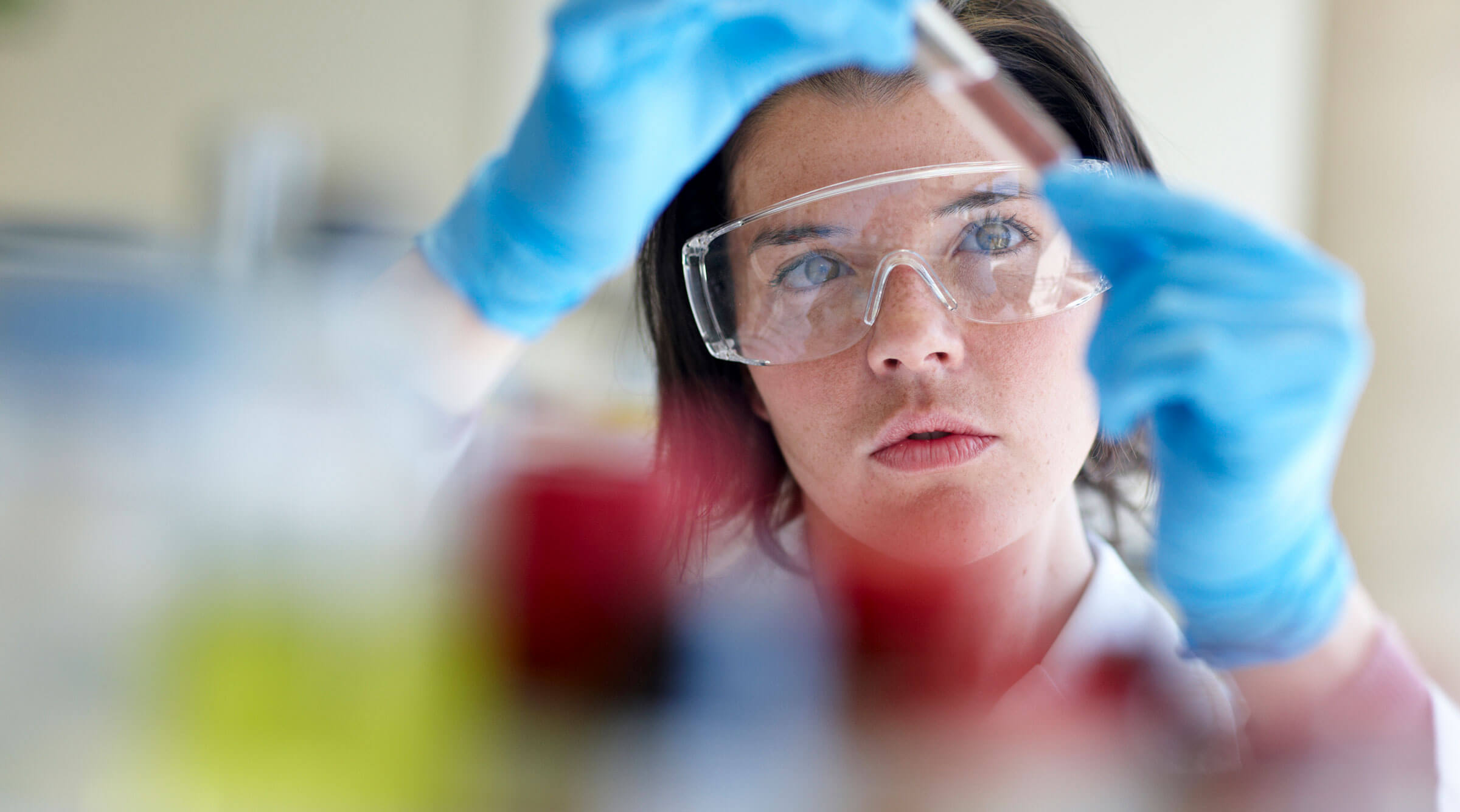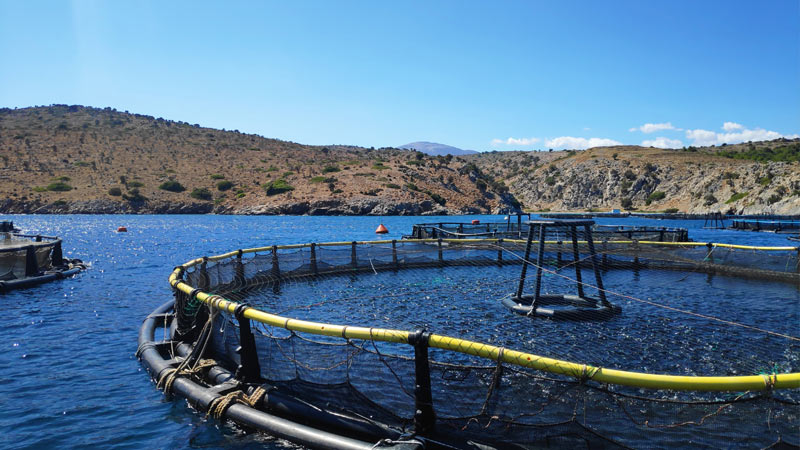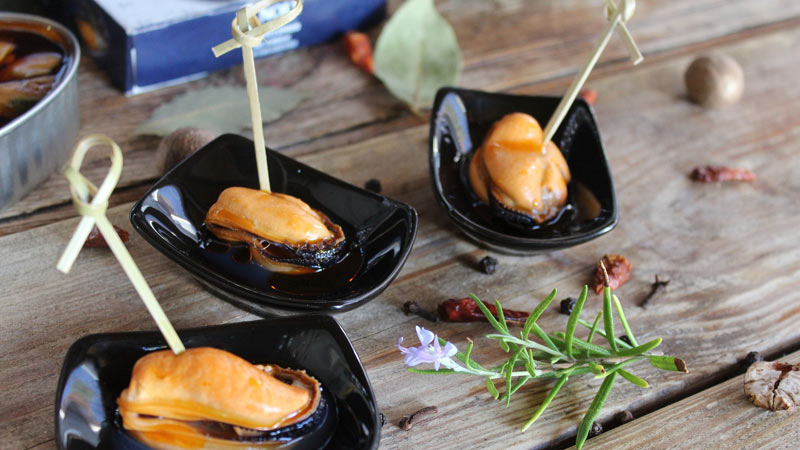QUALSAFE
Detection of chemical contaminants and evaluation of their toxicity and potential protective effect of antioxidant molecules

The goal of this project is the development of a bio-analytical platform to quantify and evaluate toxicity and nutritional behavior of a great variety of compounds of great relevance in food quality and safety. The research topics included in this proposal will be performed following a multidisciplinary approach by considering three scenarios:
- Development of an analytical methodology for detecting and quantifying the selected compounds in food and biological samples.
- Toxicity evaluation by using in vitro and in vivo exposure models and the development of novel protocols for toxicity detection.
- Strategies for improving food safey and quality (development of active food packaging, search of new sources of bioactive compounds such as agrofood residues, effect of proccesing on antioxidants compounds).
Objectives
Development of analytical methodologies for characterizing and quantifying the following compounds in foodstuffs and biological samples: metallic nanoparticles (SeNPs, ZnONPs , AgNPs y TiO2NPs, TeONPs), PAHs and their metabolites (oxy-PAHs), pesticides, pharmaceuticals (antidepresants, non steroidals anti-inflammatories) and their metabolites, PDBE and their metabolites, marine toxins; selenium and their compounds and poliphenols and metabolites.
Development of strategies for improving food quality focused on the use of antioxidants compounds (selenium and poplyphenols) and nanoparticles. Development of active food packaging with antioxidant and antimicrobial properties by incorporing nanoparticles and poliphenols; effect of food processing on selenium compounds and poliphenols; recovery of poliphenols from agrofood residues; development of antioxidant-enriched food; evaluation of bioaccesibilily and antioxidand capacity by using in vivo and in vitro models.
Toxicity evaluation of nanoparticles, pesticides, pharmaceutical residues, PAHs and metabolites, metals and mixture of metals, PDBEs, marine toxines by using in vitro and in vivo models. For this purpose, the following parameteres will be tested: in vivo models such as zebra fish, plants and microorganis; bioavailability, bioaccumulation, histopathology and gene expression analysis. Moreover, the antimicrobial activity of SeNPs, ZnONPs for their possible application in the food industry to decrease the formation of biofilms and the development of novel protocols for toxicity detection will be evaluated.
Project Data
| Partners |
Complutense University of Madrid and AZTI |
| Funding |
State Administration, Ministry of Economy, Industry and Competitiveness, General Secretary of Science, Technology and Innovation, Managing Director of Scientific and Technical Research |
| Length |
2018-2020 |








